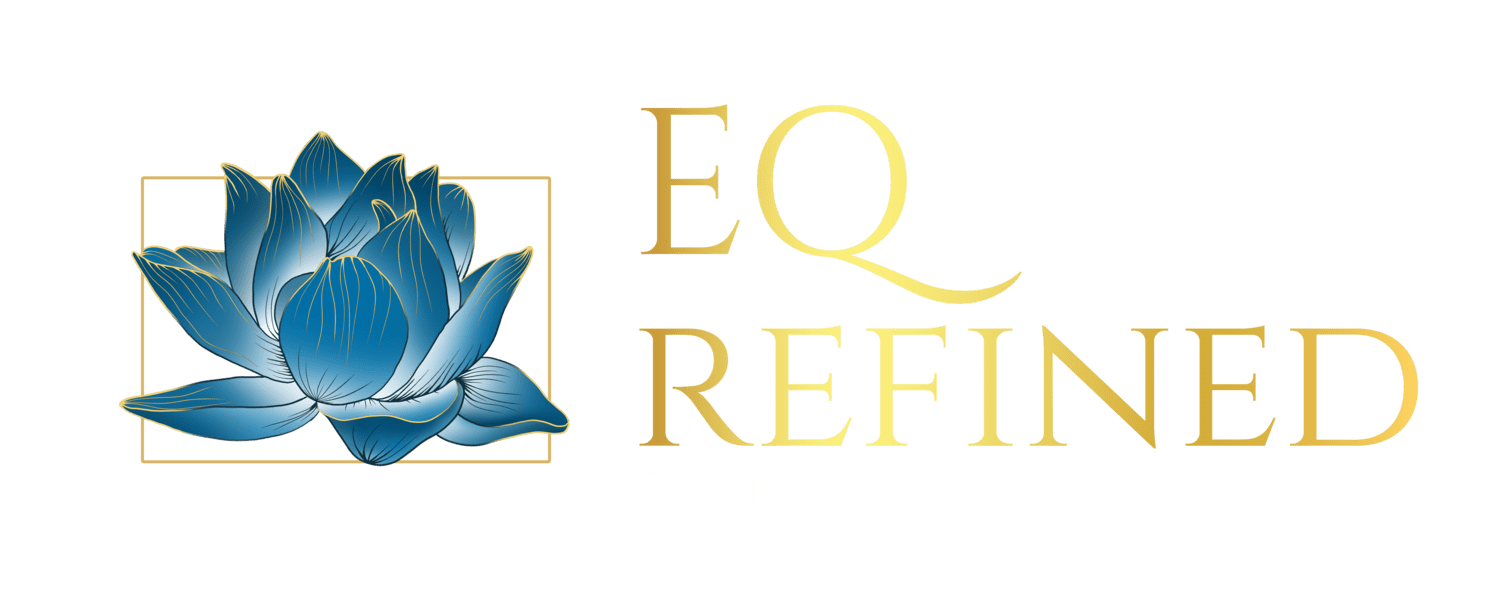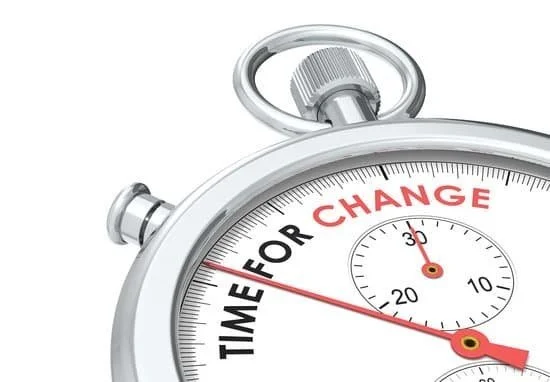Breaking Free from Complacency
Fostering Collaboration in the Workplace
Complacency is extremely dangerous in the workplace, not just physically, but psychologically and emotionally. Complacency is defined as "self-satisfaction, especially when accompanied by unawareness of actual dangers or deficiencies." To put it into other words, how often have you walked past an uncomfortable situation in the workplace only to continue what you were doing and avoid being part of that moment as you have reasoned out that it will resolve itself and ultimately, it is not your problem? In the long run this becomes toxic behavior in the workplace and can lead to feeling of anxiety, disrespect, aggressive behaviors, and many other ranges of emotions.
Employees will find a way to either disengage in the workplace, or eventually make arrangements to quietly leave and find another environment that is more responsive to their needs. When management turns a blind eye to the issue at hand, they become part of the problem. They become part of the culture of complacency. The result becomes employees who feel a lack of motivation, productivity, and eventually become dissatisfied.
The Problem
The justification of "this is none of my business" is where the problem of complacency arises. When we fail to notice our environment with clear, unbiased eyes, we neglect to see areas that need attention or improvement. In that sense, we are on autopilot to avoid uncomfortable situations. Do you realize how often you "check out" during your daily routines?
Turnover of top talent is a high consequence of complacency when leaders do not address toxic behavior. Simply stated, toxic behavior is something that feels "off" within the workplace. Diversity, Equity, and Inclusion (DEI) workshops are valuable when organizations integrate the approaches and customize the training towards their companies culture. They are not just another division creating training to promote inclusive workplace practices but building company culture that will raise connectivity and engagement through its people, meaning we are all involved in this together.
"Accountability isn't going to come from DEI workshops. It is going to come from actionable change."
Madison Butler
The Solution
But how does one tackle complacency? DEI encourages active listening and open communication, but should people in the workplace be brutally honest with their thoughts? Why does brutal have to be an adjective before the word honest? Why not just "honest"? I know the word "honest" in corporate America is scary, but honesty goes a long way, especially if you take the "brutally" out of the equation.
Think about the person in an organization that makes people feel uncomfortable with toxic comments or behavior, racist, sexist, or micro-aggressive comments. This is where having a conversation can begin through having the courage to step out of autopilot and into authenticity advocacy. An advocate can improve an individual's ability to communicate clearly, building confidence and self-esteem. It also helps them make informed decisions and enables them to speak out about abuse and neglect countering the culture of complacency. Advocacy can result in improvements to services and quality of life, which support frustration and aggression in the workplace that can potentially harm the company's reputation.
According to a recent Gallup article,
Feedback is Not Enough, "Feedback rarely makes sense when what you want is open, honest, two-way dialogue that strengthens relationships rather than one-way instruction and criticism."
More than likely, the best managers or coworkers you have worked with support having meaningful, hard conversations -- where you felt like you were heard and understood. "That's the power of individualized conversations. An employee feels known, understood, heard, and appreciated -- even when the topic of discussion isn't pleasant." Employees have a lot to say, but when they feel they can not speak openly without repercussion, they express themselves in other ways. EQ Refined creates Training and Development around identifying ways to harness the knowledge of emotional intelligence to maximize individuals potential in their professional and personal fields. To increase diversity and inclusion, EQ Refined empowers organizations and their employees by bridging the gap between the needs of both senior leaders, and individuals through effective communication.
The bottom line is, when you change, things change. There is no magic wand to wave except for the courage to step up. There is a saying in government buildings when it comes to safety, "When you see something, say something." I would like to bring this saying into corporate America. Your company's willingness to asses their own internal workings honestly, is vital, as this promotes a safe, productive, and an inclusive environment, but you are also in the equation. When all involved can begin to have a conversation about toxic behavior, and complacency and define what it constitutes as, you have a working chance at change. The next step would be to implement accountability as a way to take action to bring awareness and change the behavior or action. Contact us at EQ Refined to learn more on how we can harness the knowledge of Emotional Intelligence to support your company.


